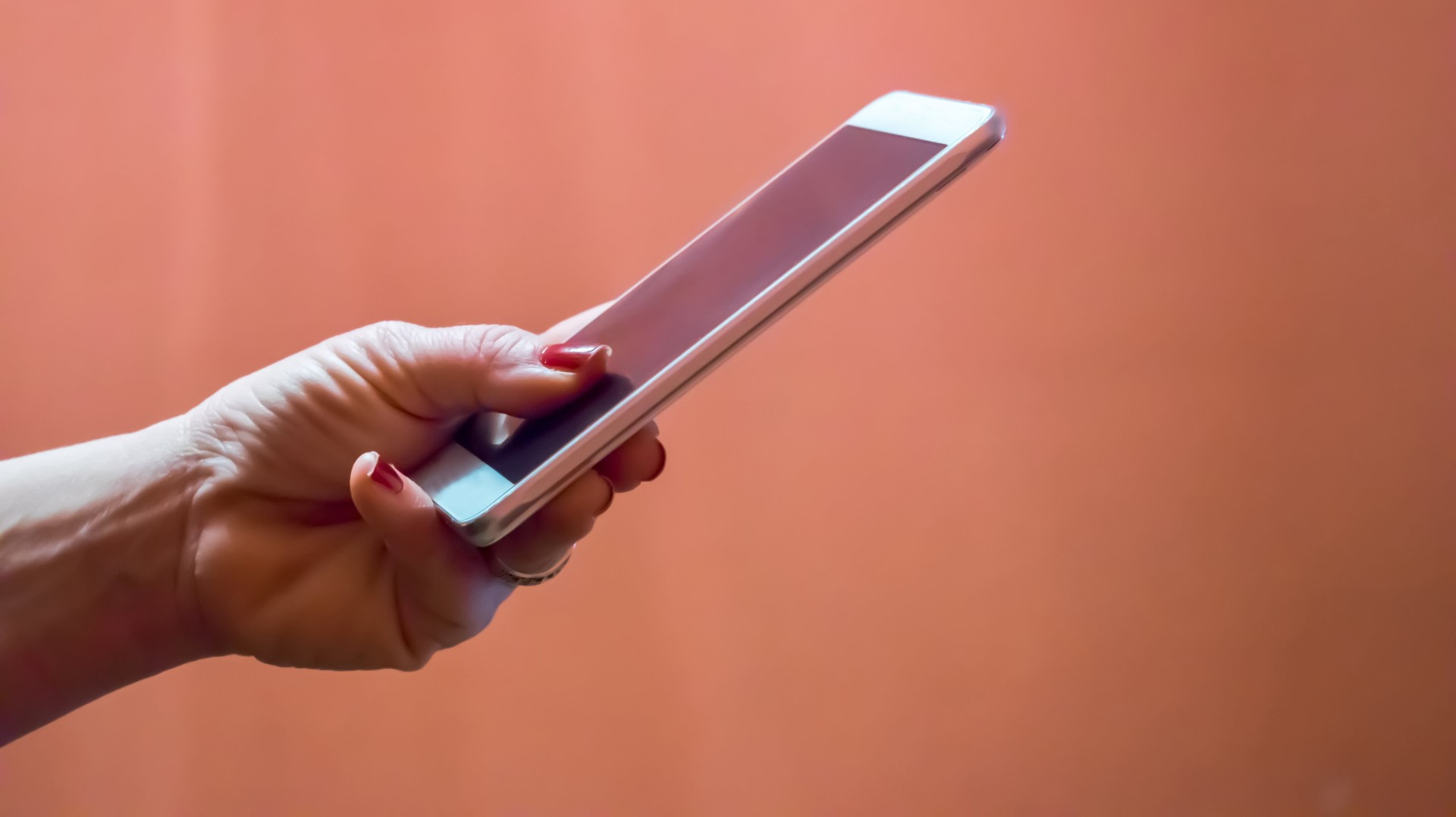TAMPA, Fla. - The arrest affidavit for the suspected serial killer in Seminole Heights suggests the Tampa Police Department obtained mass amounts of cell data from providers like AT&T in an attempt to locate the man who murdered four people over the course of five weeks.
That would likely include phone records from thousands of innocent Seminole Heights residents who happened to be in the area.
Howell Emanuel Donaldson III, 24, was charged with four counts of felony first-degree murder in the killings of Benjamin Mitchell on Oct. 9, Monica Hoffa on Oct. 11, Anthony Naiboa on Oct. 19 and Ronald Felton on Nov. 14.
But Tampa Police Chief Brian Dugan said Wednesday that Donaldson was unknown to police prior to Tuesday afternoon. So the cell records collected by TPD would have likely been from "tower dumps," where cell phone providers give law enforcement all the data on phones that "ping" and communicate with specific towers during specific times; or by the use of Stingrays, which are briefcase-sized devices that trick cell phones to "ping" them so law enforcement can collect data on everyone in the area covertly.
In 2013, 10Investigates teamed up with USA Today to expose law enforcement's growing use of these techniques to collect data -- often without an arrest warrant and often snaring thousands of innocent people's cell phone and location activity too.
There seldom are rules that dictate what law enforcement can do with the data once it's collected.
Neither TPD nor FDLE would comment on the surveillance Wednesday.
And the cell phone data did not help police find Donaldson, but it could provide evidence for a trial since police, once they had Donaldson's phone, were able to confirm it had been in Seminole Heights during each of the four murders, according to the arrest affidavit.
But former Army Col. Mike Pheneger, a member of the ACLU Florida's executive board, says the liberal use of cell phone surveillance -- especially without a search warrant -- could violate the Fourth Amendment.
"It would be really easy to use multiple appearances of cell phones to harass local citizenry...who just happened to be in a (specific) area," Pheneger said.
"There is no Fourth Amendment exception for (hunting) serial killers. The Constitution requires law enforcement to follow the rules, and when law enforcement follows the rules, that's best for everybody."
Ironically, the U.S. Supreme Court heard a similar case on Wednesday that could have major impacts nationwide on how much probable cause law enforcement agencies need to gather cell phone records. It could also impact how much privacy the Fourth Amendment guarantees individuals when it comes to location tracking, Google search history and other digital records.


